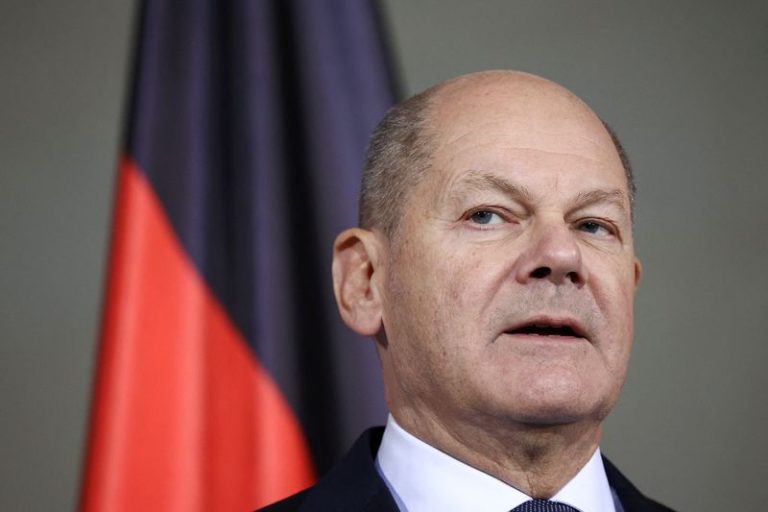By Maria Martinez
BERLIN (Reuters) – Germany’s political parties haven’t agreed on much since Chancellor Olaf Scholz’s coalition collapsed in November, but some laws could still be passed before an early election in February.
The departure from the coalition of the neoliberal Free Democrats (FDP) deprived Scholz’s government of its parliamentary majority and left in limbo dozens of laws the coalition had been scheduled to pass in its remaining time.
However, the FDP signalled on Friday its support for passing certain laws that were already well advanced through the legislative process and in which the party was deeply involved.
Scholz will hold a vote of confidence on Monday and he has urged lawmakers to work together in the remaining window before the election expected on Feb. 23 to pass measures still on the agenda.
WHICH LAWS COULD BE PASSED THIS WEEK?
The parties in the old coalition – the SPD, Greens and FDP – reached an agreement on Friday to deliver income tax relief and higher child benefits.
According to a draft bill, the agreement will result in tax relief of more than 11 billion euros ($11.6 billion) for 2025 and 2026. Child benefit payments will increase by five euros to 255 euros per month.
Another possible survivor is the Deutschlandticket, a signature policy of Scholz’s government which gives unlimited travel on local and regional transport for a monthly flat rate of 58 euros for next year.
Though popular with voters, its 1.5 billion euro price tag needs to be approved for next year. Conservative leader Friedrich Merz said he would clear the way for it.
Measures to strengthen Germany’s constitutional court are also likely to be approved with the support of the three former coalition partners and the conservatives.
The court could be vulnerable if populist parties on the right and left win a third of the seats in parliament after the election, which would allow them to block appointments of new judges indefinitely, leading to case backlogs.
WHICH LAWS WILL FALL BY THE WAYSIDE?
A law that would promote the building of hydrogen-ready power stations was set to be sent to regional governments for consultation when the coalition collapsed. Though the extra capacity is urgently needed to complement wind and solar power, ministers do not believe there is time to get it through parliament.
There is also no time to pass the 2025 budget, new German Finance Minister Joerg Kukies said after the coalition’s collapse. However, the draft budget prepared by the old coalition before the summer will be the basis for a provisional 2025 budget to tide things over until a new government passes a definitive budget.
While the cabinet decided to extend a rent freeze until 2029, Merz announced that his party would not support it in parliament because the current freeze is valid until the end of 2025.
Scholz’s proposal to reduce the VAT rate on food from 7% to 5% is also considered to have no chance of success, with both the conservatives and the FDP criticizing the plan as an election campaign manoeuvre.
Germany’s cabinet approved a pension reform in September but Scholz’s plans for a guaranteed minimum pension of 48% of the average wage are unlikely to get the required support to pass parliament.
The chancellor’s plans to cap the costs of electricity transmission at 3 cents per kilowatt hour and partly finance the costs of the transmission grids also lack opposition support.
($1 = 0.9516 euros)

